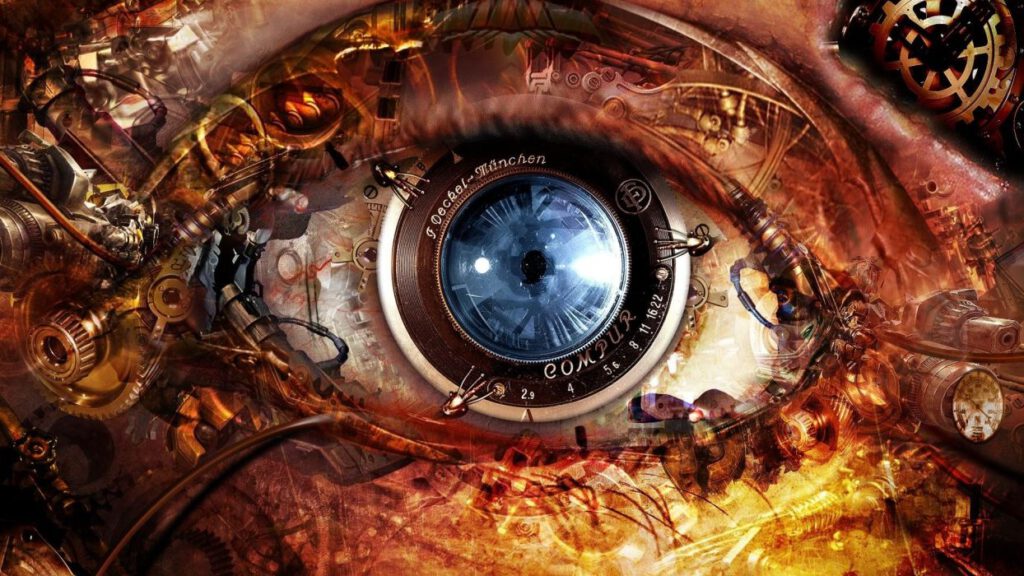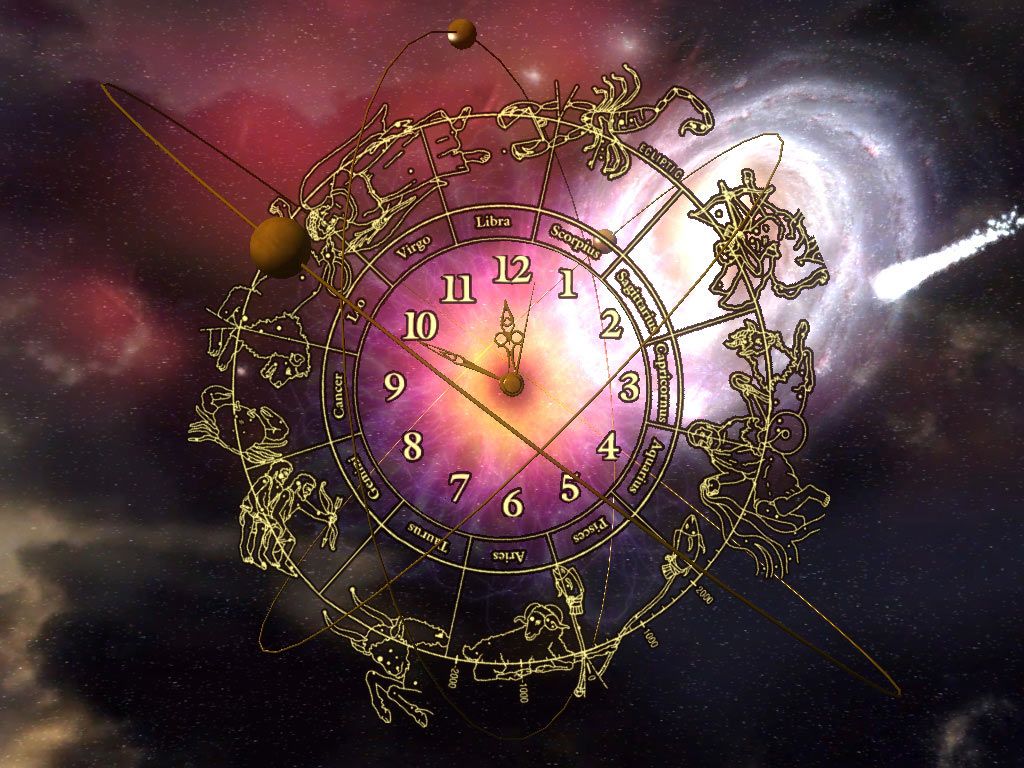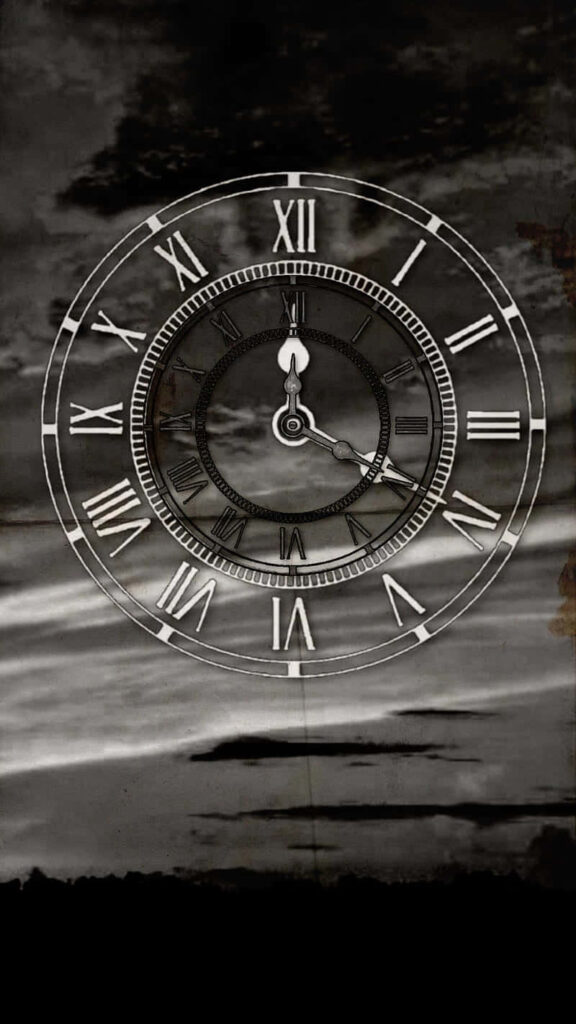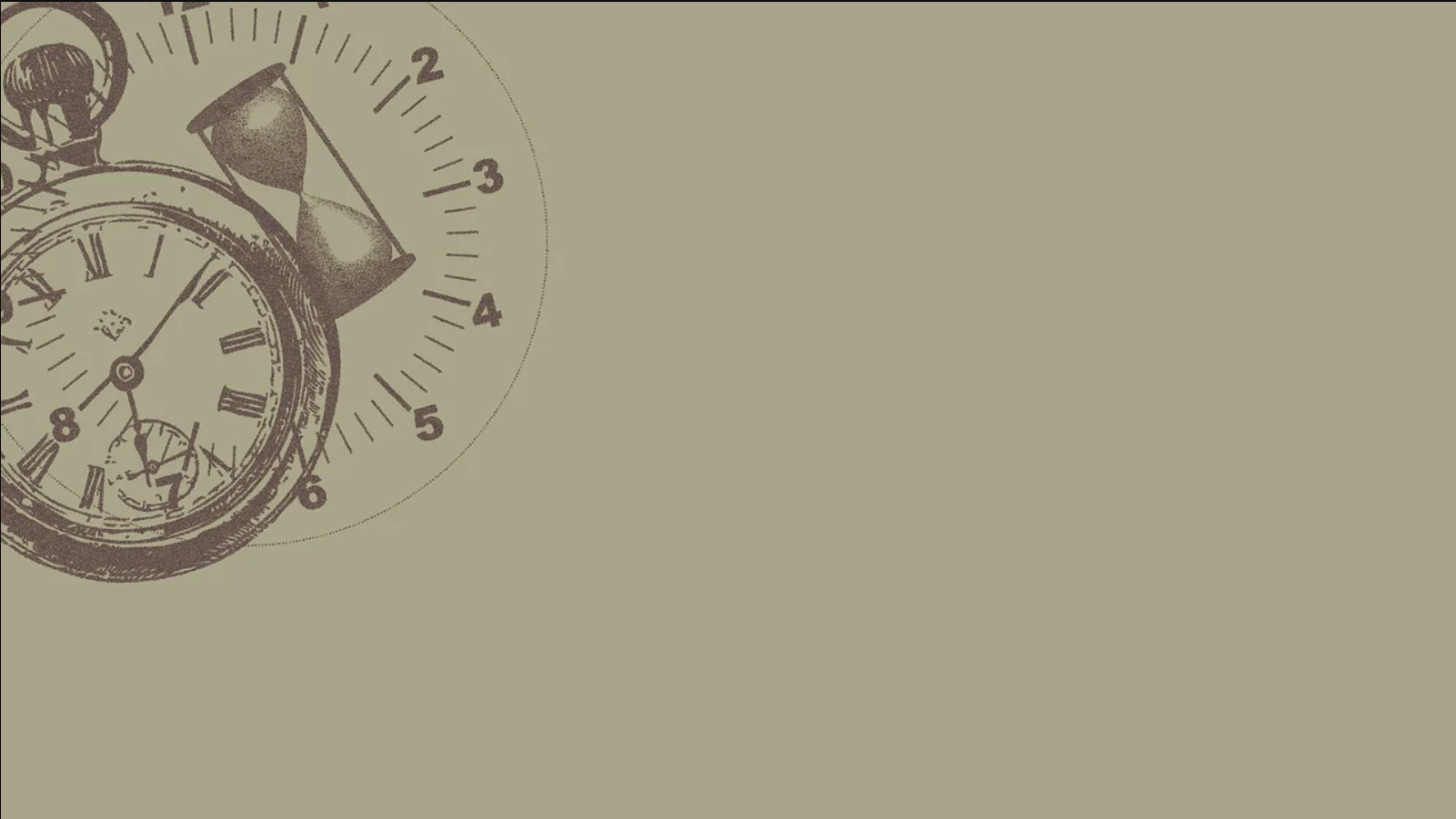Introduction
Time is one of the most fundamental concepts in human society. The organization of time has been a crucial aspect of civilization since the earliest recorded histories. Timekeeping systems and calendars have been developed by different societies throughout the ages to regulate and synchronize activities, provide predictability, and ensure social cohesion. This article explores the organization of time in human history, its evolution, and the different factors that have influenced its development.

Historical Overview
The first organisational devices were developed in ancient civilizations such as Egypt, China, and Mesopotamia. These early clocks were based on the movements of celestial bodies such as the sun and the moon. The earliest known sundial was built in Egypt around 1500 BCE. It used the position of the sun’s shadow to tell time. The water clock was invented in China around 400 BCE, which used water to measure time. The first mechanical clock was developed in Europe in the 14th century, and it was based on the movement of gears and springs.
The Rise of Standardization
As societies became more complex and interconnected, the need for a standardized system of timekeeping arose. This was particularly true with the rise of industrialization in the 19th century, where factories required a synchronized workforce. The development of the railroad system also required standardized maintenance of the organisation, as trains needed to run on schedule. The need for a uniform timekeeping system led to the establishment of time zones in the late 19th century, which divided the world into 24 equal segments of longitude.

Organization as a Social Construct
While this is often thought of as an objective concept, it is, in fact, a social construct. The way this is organized and perceived varies across cultures and societies. For example, some cultures view hours as a cyclical concept, where events occur in a repeating pattern. Other cultures view time as a linear concept, where events occur in a progression from past to present to future. Time can also be viewed as a cultural construct, where the values and beliefs of a society shape its organization of time.

The Future of Present
As technology continues to evolve, the organization of time is likely to undergo further changes. The rise of virtual reality and augmented reality could transform the way we experience time, blurring the boundaries between the physical and digital worlds. Advances in biotechnology and genetic engineering could also have an impact on the organization of time, as they could enable people to manipulate their circadian rhythms and alter their sleep patterns.
As technology continues to evolve at a rapid pace, the organization of time is likely to undergo significant changes in the coming years. Here are some potential developments that could shape it’s future:
1. Virtual and Augmented Reality: The rise of virtual and augmented reality technology could transform the way we experience the present. These technologies could blur the boundaries between the physical and digital worlds, allowing people to manipulate time in new ways. For example, people could use virtual reality to travel through time and experience historical events as if they were actually there.
2. Automation and Artificial Intelligence: Advances in automation and artificial intelligence could also have a major impact on the organization of time. As machines become more capable of performing tasks, they could work around the clock without the need for human intervention. This could lead to new forms of work and employment, as well as new challenges in managing work-life balance.
3. Biotechnology and Genetic Engineering: Developments in biotechnology and genetic engineering could also affect the organization. Scientists are already exploring ways to manipulate circadian rhythms and alter sleep patterns, which could have significant implications for human health and well-being. For example, people could potentially use these technologies to reduce the amount of time they need to sleep, allowing them to be more productive.
4. Space Travel: As humans continue to explore space, the organization will become even more complex. Different planets and environments will have different day-night cycles, which will require new timekeeping systems and schedules. The development of space tourism could also create new opportunities for experiencing it in unique ways.
5. Climate Change: The impact of climate change on the organization of hours is a growing concern. Rising temperatures and extreme weather events could disrupt traditional patterns of work and leisure, as well as the natural rhythms of the environment. The need to adapt to these changes could require new approaches to time management and scheduling.

Conclusion
The organization of time has been a central aspect of human civilization throughout history. From the earliest sundials to the development of standardized zones, timekeeping has played a crucial role in regulating human activity and ensuring social cohesion. As technology continues to evolve, the organization of time is likely to undergo further changes, and it will be important for society to adapt to these changes in order to ensure that it remains a fundamental aspect of human society.



